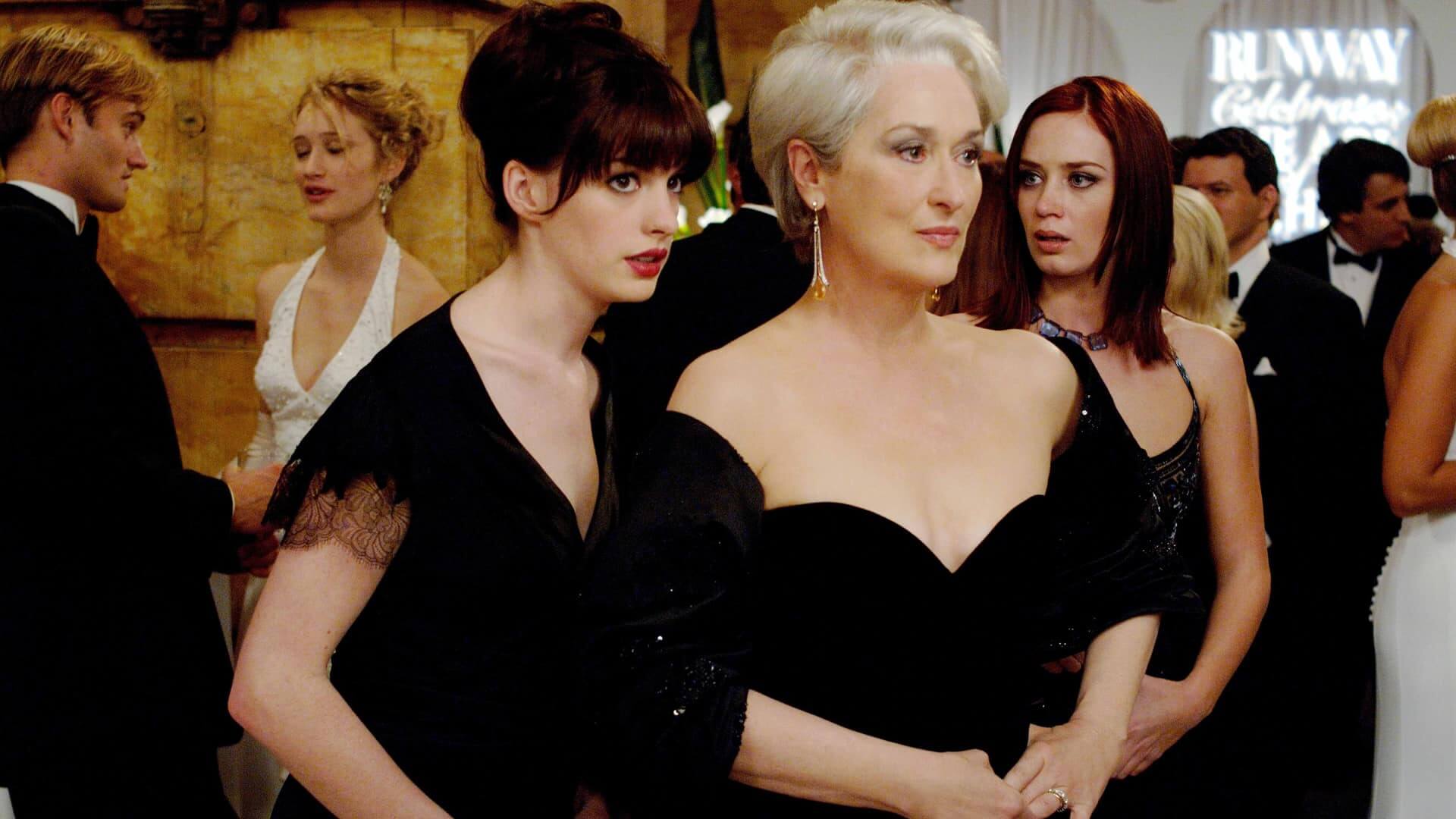Representation and diversity in art and film are incredibly important and the Bechdel Test has emerged as a simple, yet important tool to evaluate the presence and significance of female characters in movies. Named after American cartoonist Alison Bechdel, who introduced the concept in her comic strip Dykes to Watch Out For in 1985, the test has since been used as a measure of gender bias in films.
What is the Bechdel Test in Cinema?
First, let’s define the Bechdel Test
As we continue to push for better representation in the industry, its crucial to uplift stories told by marginalized voices. It’s important to remember that representation matters and the Bechdel Test is just one tool in our journey towards more inclusive and diverse storytelling.
BECHDEL TEST DEFINITION
What is the Bechdel Test in Film?
The Bechdel Test is a method for evaluating the portrayal of women in fiction. It asks whether a work features at least two women who talk to each other about something other than a man. The requirement that the two women must be named is sometimes added. Although the test is primarily used for films, it can also be applied to other forms of media.
Bechdel Test Meaning
Bechdel Test Rules
The Bechdel Test involves three simple criteria:
The movie must have at least two women in it,
who talk to each other,
about something other than a man.
The Bechdel Test - Everything You Need To K
Related Posts
Why is the Bechdel Test Important?
Importance of the Bechdel Test
While the Bechdel Test doesn't measure whether a film is feminist or not, it does offer a lens through which to examine gender inequality in film. It brings attention to the underrepresentation and marginalization of women in film, highlighting how often women's on-screen existence is centered around men. Here, iconic actress Jessica Chastain on the importance of the Bechdel Test.
Jessica Chastain Describes the Importance of the 'Bechdel Test'
The test helps us realize the need for more diverse, nuanced, and complex female characters who can exist in narratives independently of their relationships with men. It also challenges the conventional tropes and stereotypes surrounding women in media.
Related Posts
Bechdel Test rules
Limitations of the Bechdel Test
It's important to note that passing the Bechdel Test doesn't automatically make a film gender-inclusive. It simply identifies whether a film has at least two named female characters who have a conversation about something other than men. This video by The Take analyzes how the Bechdel Test did not fix everything.
Female Characters Still Need to Be Better · Why The Bechdel Test Didn't Really Help
Additionally, the test doesn't take into account the quality or depth of the conversation between the two women. It also doesn't consider intersectionality, as it only evaluates gender representation and not other marginalized identities.
Related Posts
Bechdel Test Origin
Evolution of the Bechdel Test
Over the years, there have been variations and adaptations of the Bechdel Test to further highlight gender inequality in film. Some examples include:
The Mako Mori Test
Measures whether a film has at least one female character who has her own character arc and narrative that isn't centered around a male character.
The Ellen Willis Test
Evaluates whether a film portrays women as having agency and not just being passive objects of desire or conflict for male characters.
The DuVernay Test
Examine whether a film features at least two women of color who talk to each other about something other than a white person.
Failed Bechdel Test Examples
Movies That Don't Pass the Bechdel Test
Despite the progress made in recent years, numerous popular films still fail the Bechdel Test. Some examples include Star Wars: Episode IV - A New Hope, Oppenheimer, and The Lord of the Rings Trilogy, where women's roles are minimal or their conversations revolve around men.
Passed Bechdel Test List
Movies that Pass the Bechdel Test
On a positive note, many films pass the Bechdel Test, providing diverse and substantial roles for women. These include movies like Mad Max: Fury Road, Bridesmaids, Nomadland, Kill Bill, and Hidden Figures. All showcase complex and multifaceted female characters with their own agency and storylines.
However, passing the Bechdel Test should not be seen as the only measure of gender inclusivity in a film. It is just one step towards achieving better representation for women on screen.
While the Bechdel Test is a simple tool, its implications are significant. It encourages us to think critically about gender representation in media and pushes for more inclusive storytelling that accurately reflects the world we live in today.
So, it's important to continue using and adapting the Bechdel Test in our discussions of representation and diversity in film. There is still a long way to go, but small steps like this can lead to meaningful change. Let's keep the conversation going and strive for better representation in all forms of media.
UP NEXT
Examples of Strong Female Characters
Films that have passed the Bechdel test have given us not just the best female characters in film, but the best characters in all of cinema. In the next article, we will explore various examples of strong female characters in cinema providing a closer look at those who have defied stereotypes and carved out a unique on-screen identity.

